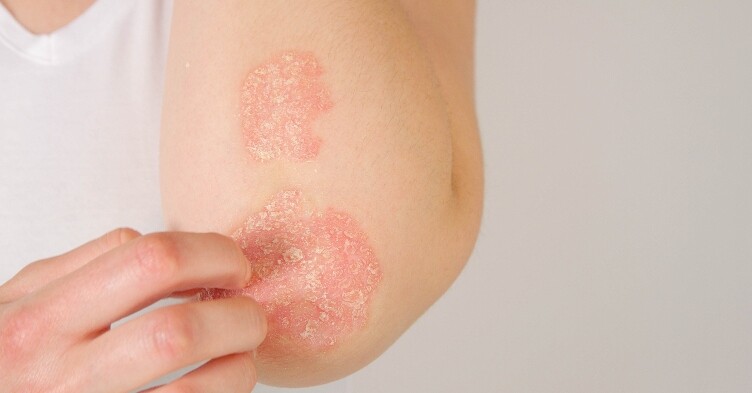Helping families to manage chapped lips

A this time of year sore chapped lips are a common complaint for many. The lips and skin can become dry, scaly or cracked and are often sore and painful.
The medical term for this is cheilitis (cracked, or inflamed skin on or around the lips) and there are common causes: exposure to dry or cold weather, too much sun exposure, lip licking, food and dental materials, lipsticks, lip balms, and other personal products including toothpaste, mouthwash, and sunscreens which may contain ingredients that irritate or cause an allergy.
Related Article: Call for regulatory guidelines as NHS adopts AI in dermatology care
Lip licking is common in children, poor fitting dentures may contribute in older patients, and patients with a skin condition such as eczema or those being treated with retinoids for acne may find it is an additional problem to deal with.
Cheilitis is not unique to one specific group or age but for some there may be underlying issues which contribute such as nutritional deficiencies eg iron, or pernicious anaemia, systemic illnesses such as ulcerative colitis and Crohn’s disease, or a genetic predisposition such as Down’s syndrome.
| Our story: Hayley and Natty Goleniowska | ||
|---|---|---|
|
‘I think when our youngest Natty was born and Down’s syndrome was identified I instantly became a bit of a researcher; ways to help her breastfeed, the best exercises to build muscles needed for speech, a swim floatation aid she couldn’t fling off whilst diving in the deep end of the pool…and finding a solution to the dry and sometimes cracked lips she experiences during the winter months is no different.
‘Dryness in a centrally heated home and cold windy weather coupled with Natty’s tendency to mouth breathe, reluctance to drink enough water and her habit of picking flaky skin would lead to very painful and swollen lips. After checking with her paediatrician to make sure there was no underlying cause, I asked a naturopath friend, for advice, which I discussed in my blog. Related Article: Abdominal body fat is a higher risk for developing psoriasis ‘In addition to minimizing the above causes she suggested ditching scented or medicated lip balms and trying pure lanolin. Not for those allergic to wool, or for vegans, but this ultra-thick balm is difficult to lick off, coating, protecting and moisturizing the lips for hours. It worked almost immediately! It’s a condition that will always need constant management but for now we have it under control.’ |
There are several types of cheilitis (see resources), what is important is to ensure there are no underlying causes for the cheilitis, which may need specific treatments or interventions. There are some practical tips which may help as Hayley has alluded to in her story:
Related Article: CPD: Case by case – acute and emergency dermatology presentations
- Trying not to lick or pick the lips too much which can be challenging.
- Protecting the lips with a lip balm (there are so many products available which have the potential to irritate or cause allergy) so using simple measures such as using a thick emollient (petroleum jelly) may be preferable. One product may suit one person and not another.
- Use an SPF sun protection.
- Covering up and protecting the face and lips with a scarf on cold frosty windy days.
- Staying hydrated and drinking plenty of fluids.
- Avoiding the irritants listed above.
Resources
- Oakley A. Cheilitis dermnetnz.org/topics/cheilitis
- Oakley A. Angular Cheilitis dermnetnz.org/topics/angular-cheilitis
- Dyall-Smith D. Contact reactions to lipsticks and other lipcare products dermnetnz.org/topics/contact-reactions-to-lipsticks-and-other-lipcare-products/

See how our symptom tool can help you make better sense of patient presentations
Click here to search a symptom


This time of year, sore chapped lips are a common complaint for many. The lips and skin can become dry, scaly or cracked and are often sore and painful.




